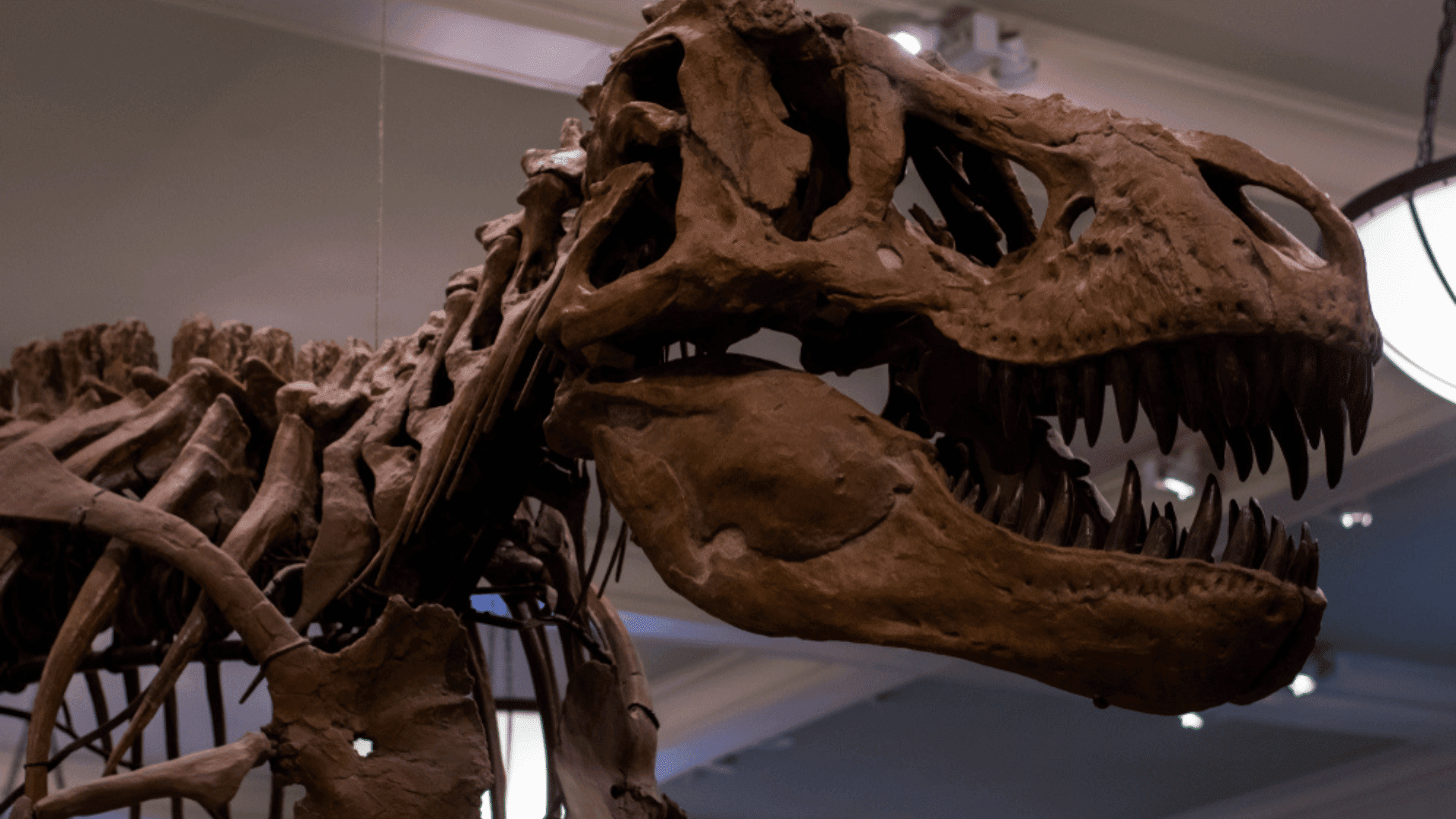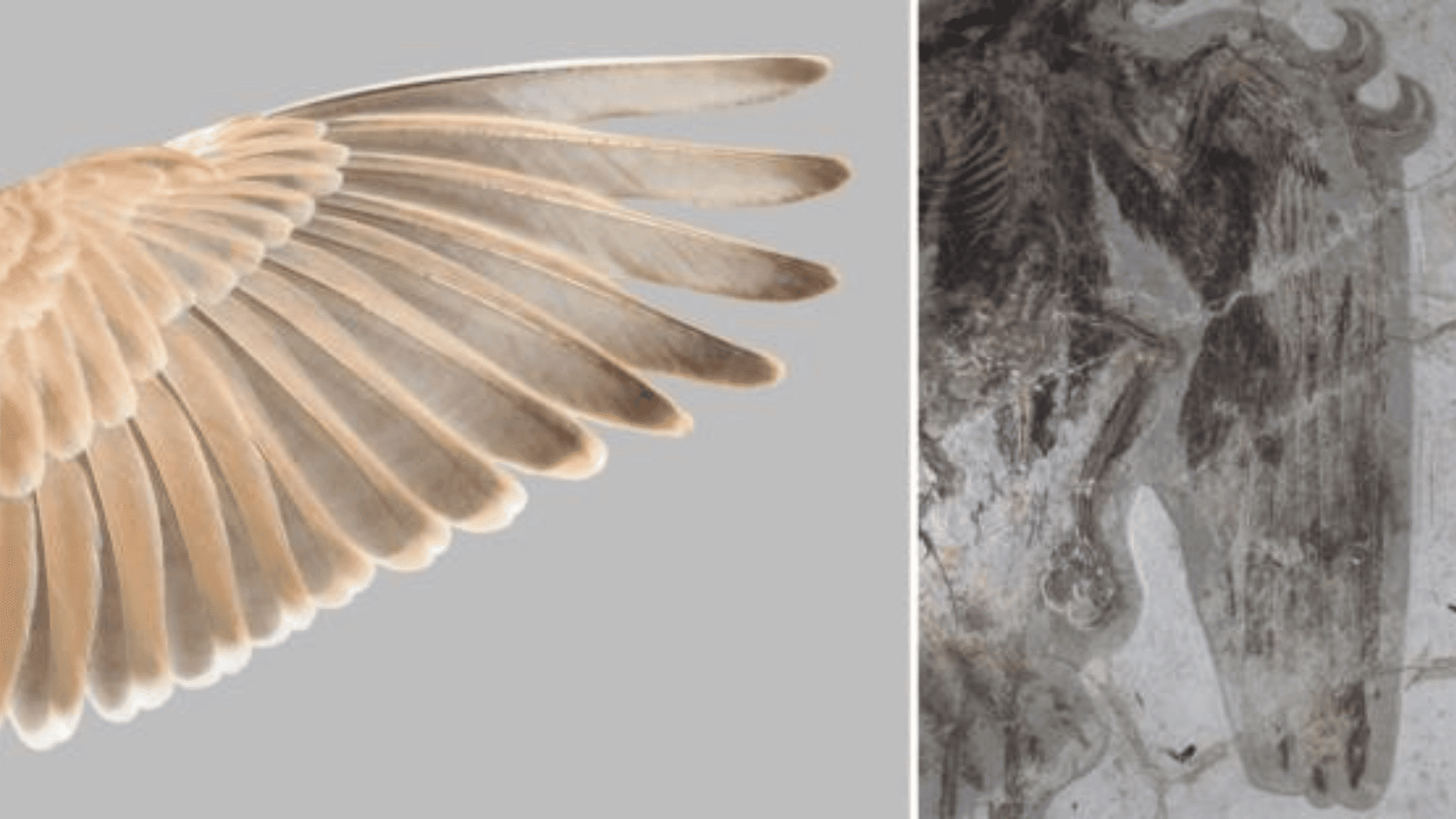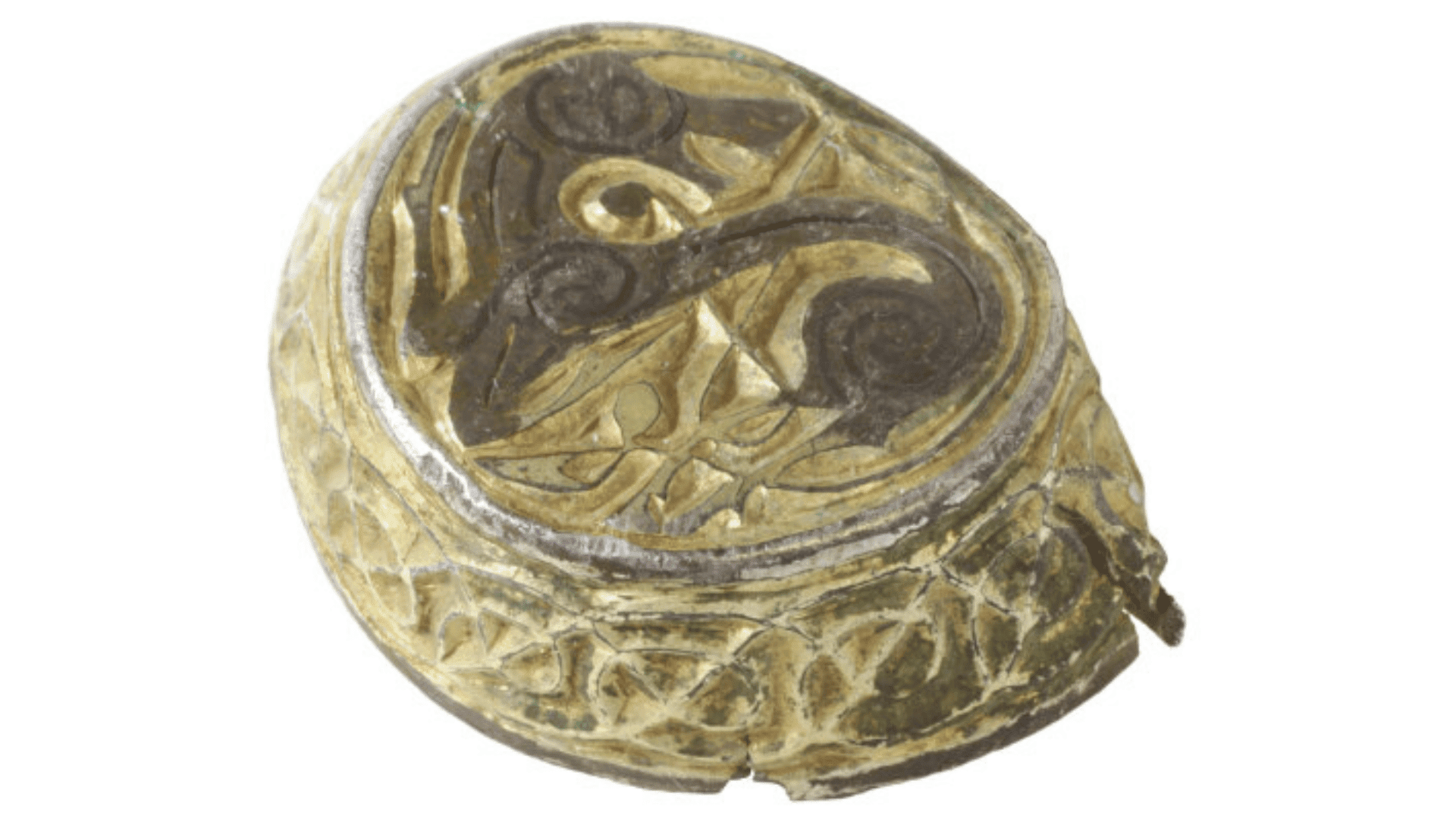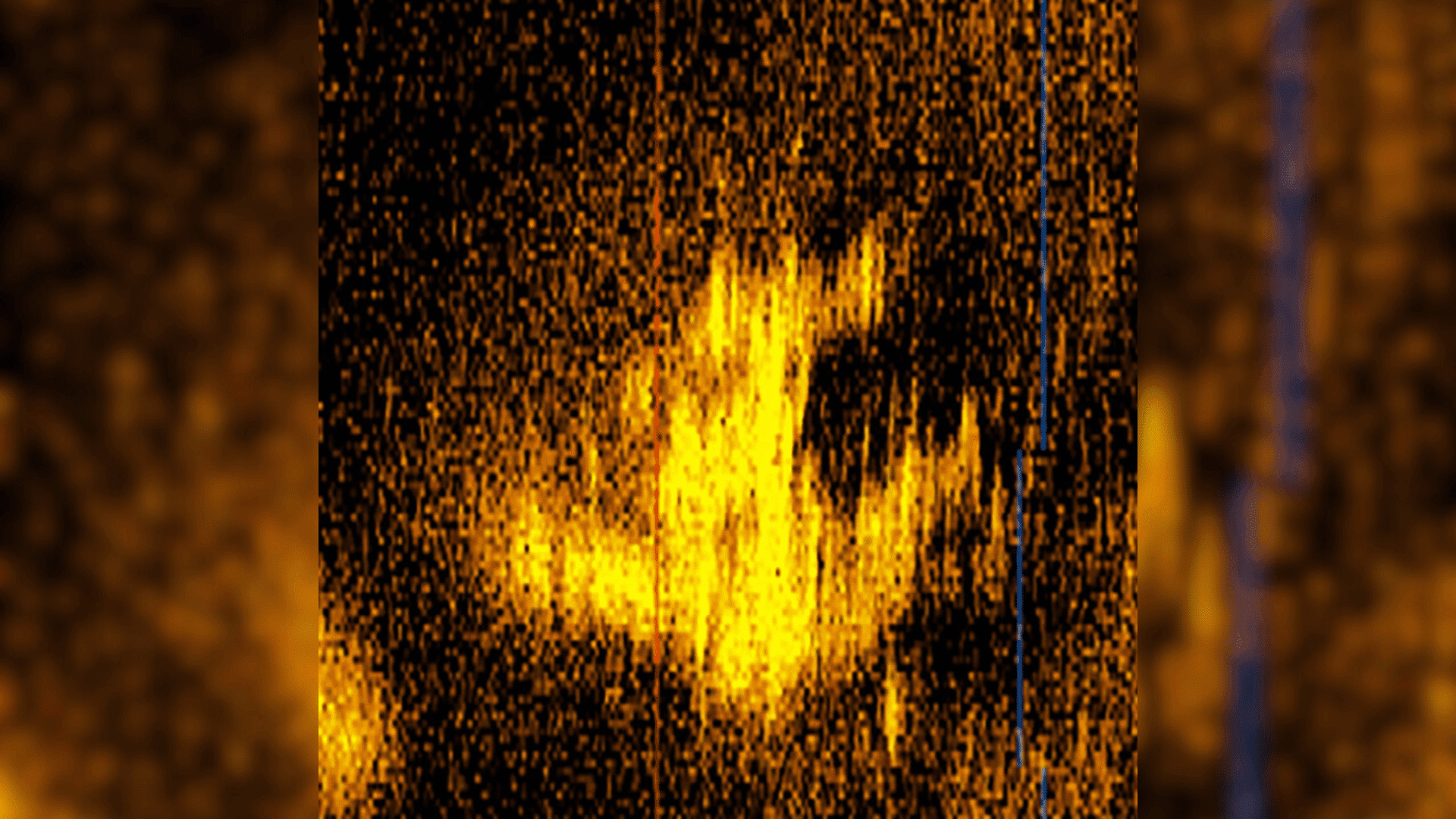A new study suggests that, rather than having the intellect of primates like monkeys, the ancient T.rex was likely as smart as reptiles like crocodiles.

The debate around this topic began in 2023 when a study by Vanderbilt University neuroscientist Suzana Herculano-Houzel proposed that dinosaurs like the T.rex had over 3 billion neurons, higher than a baboon. This raised questions surrounding whether the creatures could have been more intelligent than originally assumed.
This paper theorized that the high neuron counts could mean dinosaurs may have exhibited highly intellectual traits such as using tools, teaching social behaviors to their offspring, or transmitting cultural knowledge. The new study is reexamining the techniques that were previously used to predict both the number of neurons and brain size.
The new research, which brought together a team of neuroscientists, paleontologists, and behavioral scientists, advocates for the importance of examining bone histology, skeletal anatomy, trace fossils, and behaviors of living relatives. These results revealed that previous assumptions about brain cavity size and the corresponding neuron counts were unreliable.
“Neuron counts are not good predictors of cognitive performance, and using them to predict intelligence in long-extinct species can lead to highly misleading interpretations,” Ornella Bertrand, a study co-author and mammalian paleontologist at the Institut Català de Paleontologia Miquel Crusafont said in a statement.
Explore Tomorrow's World from your inbox
Get the latest science, technology, and sustainability content delivered to your inbox.
I understand that by providing my email address, I agree to receive emails from Tomorrow's World Today. I understand that I may opt out of receiving such communications at any time.
Since brain tissue doesn’t fossilize, scientists examined the creatures’ skulls for clues. Reptile brains, for example, typically don’t fill the entirety of the skull cavity and typically contain cerebrospinal fluid that takes up space. Their brains are also packed more loosely with neurons than bird or mammalian brains.
The animal’s size also needs to be factored in, according to the new research. For example, you can’t compare the number of neurons in an adult male baboon (30-88 pounds) to that of a T.rex (which could be over 15,000 pounds) because the number of neurons scales to body size.
Since a T.rex would likely need many neurons to maintain basic biological functions, they likely wouldn’t have had much left for more complex things like cultural knowledge. The research team also determined that the brain size, particularly the forebrain, had originally been overestimated as well.
“The possibility that T. rex might have been as intelligent as a baboon is fascinating and terrifying, with the potential to reinvent our view of the past,” study co-author and University of Southampton palaeozoologist Darren Naish said in a statement. “But our study shows how all the data we have is against this idea. They were more like smart giant crocodiles, and that’s just as fascinating.”







